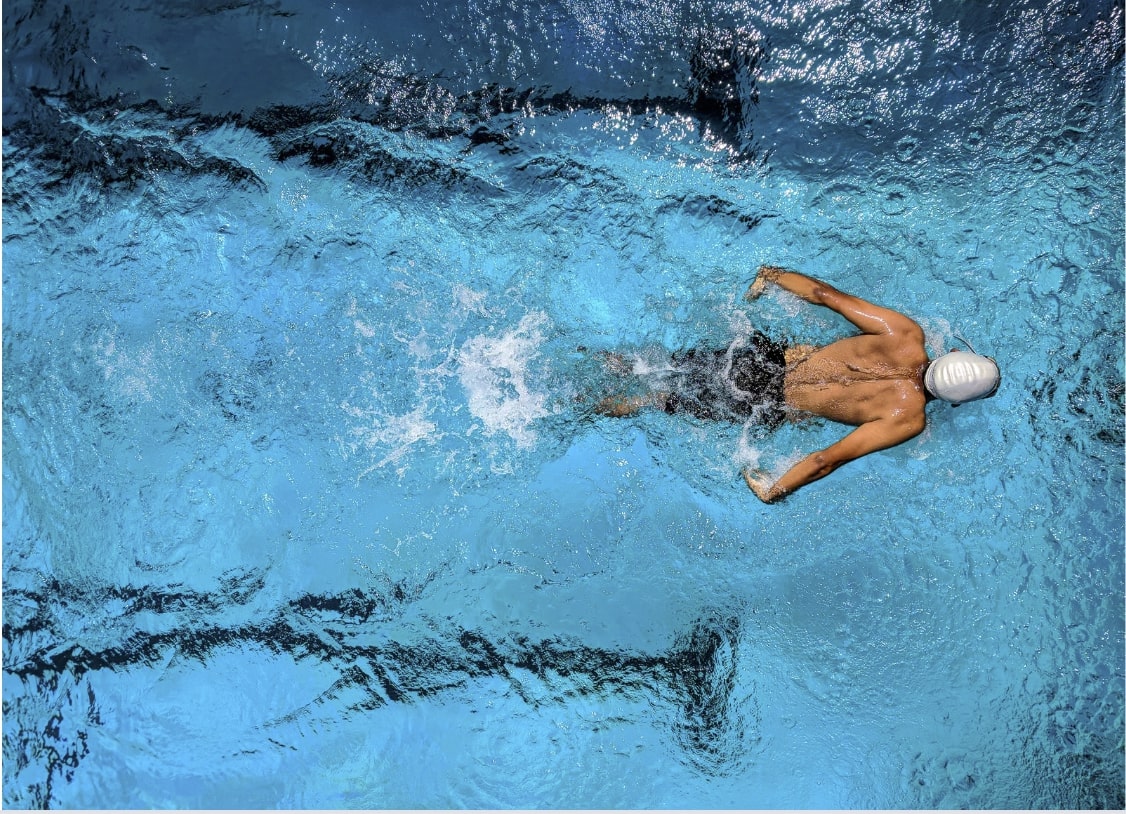As runners, we often find ourselves pounding the pavements and hitting the trails to improve our endurance and cardiovascular fitness. However, incorporating swimming into our cross-training routine can bring numerous benefits that complement and enhance our running performance. In this blog, we explore five compelling reasons why every runner should consider swapping the roads for the pool and embrace swimming as an essential part of their training regimen.
- Low-Impact, Full-Body Workout:
One of the main advantages of swimming for runners is its low-impact nature. Unlike running, which puts stress on the joints and muscles, swimming provides a weightless environment that reduces the risk of injury. It allows runners to engage in an intense, full-body workout without the strain on their legs. Swimming activates and strengthens muscles throughout the body, including the core, upper body, and lower body, leading to improved overall strength and muscular balance.
- Cardiovascular Endurance and Lung Capacity:
Swimming is a highly effective cardiovascular exercise that can significantly improve endurance, making it an ideal complement to running. By swimming regularly, runners can enhance their lung capacity, oxygen utilization, and overall cardiovascular fitness. The sustained breath control required during swimming translates into better control of breathing patterns during running, allowing runners to maintain steady endurance for longer periods.
- Active Recovery and Injury Prevention:
Intense running workouts can strain the body, increasing the risk of overuse injuries. Swimming serves as an excellent form of active recovery for runners, promoting muscle relaxation and enhancing circulation. The water’s buoyancy supports the body, reducing the impact on joints and muscles while facilitating active stretching. Regular swimming sessions can aid in the prevention and rehabilitation of running-related injuries, helping runners stay on track with their training goals.
- Improved Flexibility and Range of Motion:
Flexibility plays a vital role in running mechanics and performance. Swimming involves many motions that encourage flexibility and improve joint mobility. The fluid movements and resistance of the water challenge the body to work through a greater range of motion, loosening tight muscles and improving overall flexibility. Enhanced flexibility can lead to improved running form, efficiency, and reduced risk of muscle imbalances.
- Mental Refreshment and Variety:
Running can sometimes become monotonous, leading to mental fatigue and a lack of motivation. Swimming provides a refreshing change of pace and scenery, giving runners a mental break from pounding the pavement. The tranquility of the water, combined with rhythmic breathing and smooth movements, promotes relaxation, stress reduction, and mental clarity. Adding swimming to your cross-training routine injects variety into your workouts, keeping your mind engaged and motivated to tackle your running goals.
Incorporating swimming into your training routine as a runner can bring a multitude of benefits that complement and enhance your performance. The low-impact, full-body workout provided by swimming strengthens muscles, improves cardiovascular endurance, and aids in injury prevention. Additionally, swimming promotes flexibility, mental refreshment, and variety, revitalizing your training experience. So, consider swapping the roads for the pool and diving into the world of swimming to take your running to new heights. Embrace the power of swimming as a vital tool in your training arsenal and unlock the potential for improved performance, injury prevention, and overall well-being.







